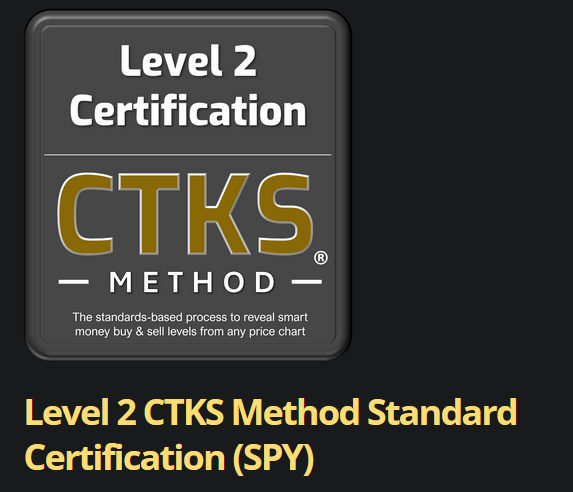Key details:
-
Regulators ought to be certain that self-custody is not used for illicit functions, Chen mentioned.
-
The govt says Web3 customers are sometimes “curious” about self-custody.
Bitcoin self-custody, a technique by which customers have full possession and management of their property, is an element that empowers folks by giving them sovereignty over their monetary lives.
That is the reflection of Eowyn Chen, who is the CEO of Trust Wallet, a self-custody pockets for bitcoin and different cryptocurrencies. In an interview with CriptoNoticias, the businesswoman highlighted that self-custody “is one of the fundamental and most powerful principles” of the Web3 system.
As Chen sees it, self-custody wallets empower customers by saving them from having to depend on intermediaries or trusted third events to perform your transactions.
This is as a result of customers are “free from the vulnerabilities and risks associated with centralized platforms, such as data breaches, hacks or mismanagement of funds,” in accordance to Trust Wallet administration.
In essenceBitcoin self-custody is one of the crucial sovereign practices of the digital asset ecosystem. Through non-custodial wallets, folks have full management over their funds.
This manner, they’ll ship, obtain, and exchange BTC with out a centralized entity, reminiscent of a central financial institution, authorities, or firm, intervening in that operation.
Chen believes that whereas the position of self-custody wallets is key to safeguarding customers’ funds, the duty for safeguarding privateness “it falls on the technical design of the blockchain.”
He explains: “The most robust privacy protection comes from blockchains that do not publicly display transaction histories, but still allow for verification. This approach ensures privacy even if the wallet software does not collect any personal data.”
In the case of the Bitcoin community, for instance, it is positioned inside pseudonymous networks. This is as a result of within the blockchain All executed transactions are recorded and the origin and vacation spot of those are proven. Although it is not reported who is behind the wallets concerned within the operation. This might be identified in circumstances of investigation and traceability carried out by governments and analytical firms.
Regulation of self-custody
During the interview, Chen talked about laws geared in the direction of self-custody of bitcoin and cryptocurrencies. In his view, the event of regulatory infrastructures can promote “best practices and security standards” for non-custodial pockets customers.
“This would include guidelines on encryption, secure key management and user authentication, ensuring that wallets are designed with user protection as a priority,” she mentioned.
For Chen, the favored declare that these wallets can’t be regulated usually stems from “the decentralized nature” of those wallets, in addition to the dearth of entry and management that suppliers have over customers’ property.
«What class of enterprise is a self-custody pockets? If a self-custody pockets is primarily a software program software that individuals use to entry the blockchain, then it is like a browser. Are there legal guidelines about web browsers? Almost all nations do not need legal guidelines about this. Even if they need to restrict freedom of speech or implement sturdy censorship, the laws might be carried out by regulating the content material, NOT the browser software program.»
Eowyn Chen, CEO of Trust Wallet
However, he explains that whereas the expertise itself can resist centralized management, “a broader regulatory environment may still encompass aspects related to self-custody wallets.”
It due to this fact factors to a regulatory strategy that recognises the basic ideas of economic freedom and privateness. “While ensuring that these tools are not exploited for illegal activities.”
“A nuanced and collaborative approach is needed between regulators, industry stakeholders and users,” he mentioned.
It’s not a financial institution
Chen careworn that Bitcoin expertise and blockchains like BTC can’t do what the banking system can do. That is, block and freeze funds. He emphasizes that non-custodial pockets suppliers “do not have access to control of users’ wallets and there is no way to implement what traditional financial institutions can do, such as blocking the flow of incoming funds, freezing assets, etc.”
Indeed, blocking and censorship are actions which can be past the scope of self-custody pockets suppliers, as a result of blockchain networks are a public and decentralized ledger, which is distributed, immutable and clear.
In basic, the blockchain, within the case of Bitcoin, is inviolable and due to this fact no transaction already made and processed by Bitcoin nodes and miners will be edited, intervened or frozen. At most, It will be saved as a document or proof.
In this regard, the CEO of Trust Wallet, a platform with greater than 100 million customers worldwide, maintains that It is essential to steadiness privateness with regulatory compliancein addition to basic Web3 training, to forestall the misuse of self-custody for illicit actions.












